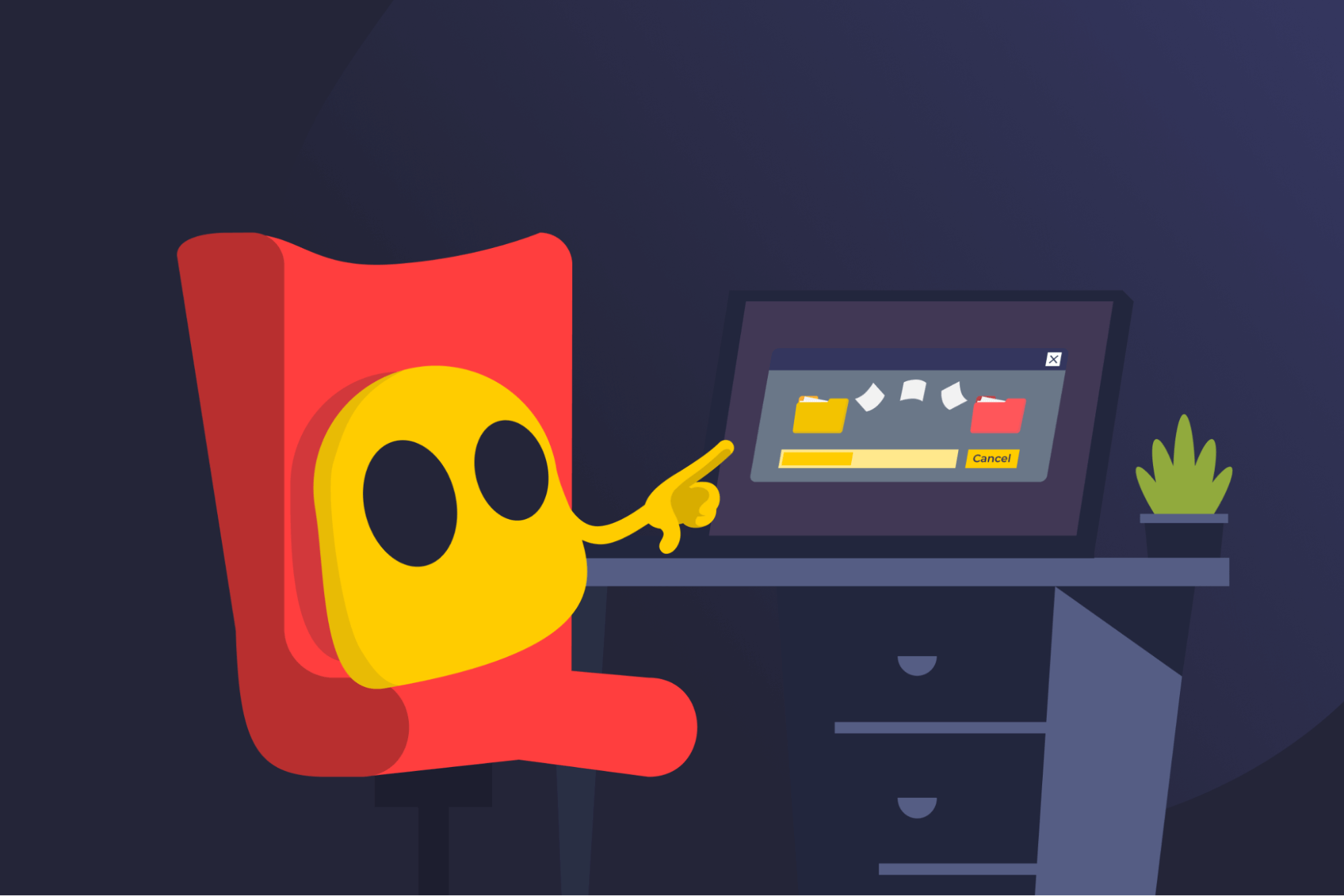Softlifting

Softlifting Definition
Softlifting is a form of software piracy where a user buys a legitimate copy of software but then installs it on more devices than the license allows or distributes it to others (typically illegally). This violates the software’s copyright license or the terms of its End-User License Agreement (EULA).
The term “softlifting” first appeared in the early 1980s as a combination of “software” and “lifting” (in the sense of stealing). This reflects the idea that the first copy is legally purchased, but the extra copies are unauthorized under the license.
Many major companies, like Adobe and Microsoft, have restricted most forms of softlifting with digital rights management (DRM) technology and online activation systems.
Examples of Softlifting
Modern softlifting typically happens when a user installs software in a way that violates its terms of use or license agreements. This includes using a student-discounted version without being a student or installing a “home edition” of a program on a work device despite the EULA saying it’s for non-commercial use.
Historically, softlifting used to be considered a form of “casual” piracy, done for personal or family use rather than commercial gain. It could take forms such as:
- Multiple installations: Installing one licensed copy of a program on multiple devices, despite the license covering only one.
- Copying installed software: Copying the files of already installed software on another computer that belongs to someone else.
- License key sharing: Using a single activation key across multiple devices or sharing it with other users.
Common Measures Used to Stop Softlifting
To prevent softlifting, many vendors use tools, such as:
- Product keys and online activation: Each installation requires a unique product key that must be validated online, which often locks it to a specific device or user account.
- Automated license validation: Regular checks with the vendor's server to confirm the license is still valid. This lets vendors deactivate unauthorized copies when detected.
- Subscription models: Services like Microsoft 365 or Adobe Creative Cloud tie access to an active user account and subscription, rather than a one-time product purchase.
Read More
FAQ
Softlifting is a form of software piracy where a user buys a legitimate copy of a program but violates the limits of its licensing agreement. This often means installing it on more devices than the license is for or distributing it among users who don’t have the license to use it.
Yes, though it’s less common. For example, someone might use a workplace or enterprise edition of a program on a personal device. However, modern protections and technology, like account-based activation and online license checks, have made softlifting a lot more difficult.
Softlifting typically involves a small number of unauthorized copies made for personal or non-commercial use, like sharing a license key with family or friends. Commercial piracy operates on a larger scale and involves copying and distributing software for profit.
Whether softlifting is considered illegal depends on local copyright laws, though it generally violates copyright licensing terms. It also often goes against the End-User License Agreement (EULA), though some licenses, like open-source or permissive ones, specifically allow wider use and sharing.

 45-Day Money-Back Guarantee
45-Day Money-Back Guarantee